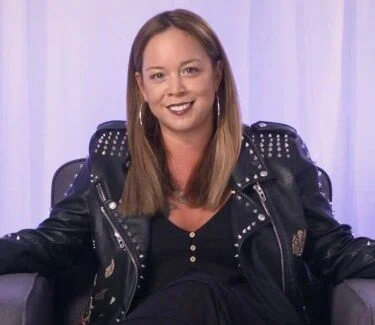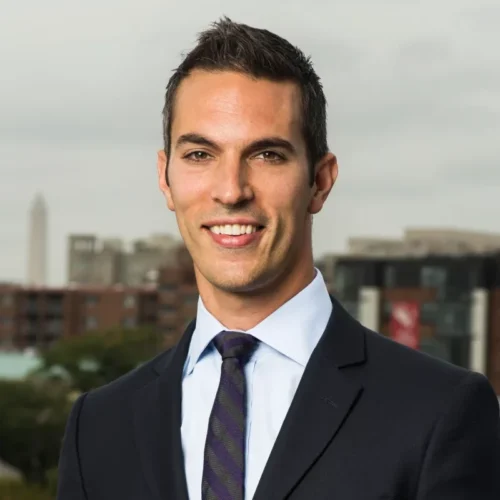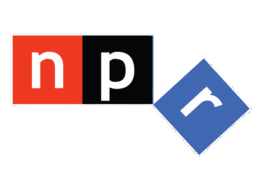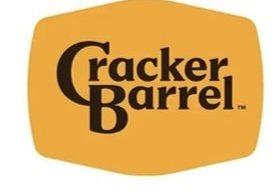
When I first started writing this blog more than 20 years ago, the path was not an easy one. Not just because I didn’t know what I was doing (although that was a factor). The blogosphere was still relatively new, there were no rules, and there was no Substack to guide the way. In short, I was on my own, testing the waters every weekday morning.
One former radio exec who’s no longer in the business would call me every now and then—to let me know if he felt I was straying from the mission. More to the point, he was sensitive to my posts reeking of a little too much anti-radio after shave. He’d call to give me the heads-up that in his opinion, “Your posts lately are coming down a little hard on radio, don’t you think?” And I would promise him I’d look into it to see if I could pick up on what he was laying down.
And over the years, he has—unknowingly—been my ongoing “radio litmus test.” When I publish a post that’s a bit salty or even critical, I think of what he might say. Am I being overly critical? Am I offering solutions—or even hope? Am I being constructive and am I being fair to those still hanging in there? That is, those who still believe in the business—what it has been and what it could be? And by the way, I count myself as someone who’s still hacking my way through broadcast radio in 2025, come the hell or high water we appear to be encountering these days.
Yesterday, it was another day at the radio beach. In this morning’s trades, you’ll read industry vet Nicole Alvarez‘s heartbreaking good-bye letter to radio, after 20+ mostly glorious years at the Mighty KROQ. As you will no doubt read, her departure was her choice but she is still a true believer in this industry, despite radio—and some who are running it—letting her down. When you read her letter, it’s hard not to pick up on her genuine anguish and pain over feeling now is the time to walk away from a business and a station she absolutely loved.
mostly glorious years at the Mighty KROQ. As you will no doubt read, her departure was her choice but she is still a true believer in this industry, despite radio—and some who are running it—letting her down. When you read her letter, it’s hard not to pick up on her genuine anguish and pain over feeling now is the time to walk away from a business and a station she absolutely loved.

Photo: Stephen Voss / NPR via Radio Ink
And then the news of the very popular veteran host of NPR’s All Things Considered, Ari Shapiro, hanging up his headphones and walking…at least for now. Unlike Alvarez, Shapiro didn’t leave much of an “explainer” as to why he’s leaving NPR, and he said “all the right things” about everyone and everything as he heads for the exit next month. Still, another one of those signature voices is gone from an industry where personality and connection very much matter. Interestingly, Shapiro’s sayonara was announced by Edith Chapin, NPR SVP/editor-in-chief, who is also heading out the door soon to pursue her next opportunity.
There have been other high-profile departures this summer, some by choice, some by RIF, and some for reasons that escape most who are unfamiliar with the inner-workings of these situations. For radio, it has been a tough, tough year. And with one-third of it still in front of us—facing the dreaded December holidays when more of these moves inexplicably happen—it could get weirder…and worse.
So, I’m trying to be fair and sensitive in my writing here. And typically at the end of a long week, I’ll look back over my published posts as a self-check. And I still hold up my content against that he-who-shall-not-be-named former radio kingpin. What would HE say about this week’s JacoBLOG posts?
Yesterday’s #TBT post was about the first ever AQ study of on-air talent in the U.S. back from 2o18. Then there was the post, “Public Radio: Picking Up The Pieces,” an admittedly tough one about the degree of difficulty of a comeback for a platform that will soon suffer a defunding experience. The day before, it was about “Mission-Driven” radio, something that has eluded most commercial radio stations over the years, while public radio and Christian radio— especially—have thrived. And I started the week with “Radio And The Lost Art of Airchecking,” wondering why so many stations no longer develop and coach their own on-air talent.
So, the verdict? It’s been a tough few days for radio, and JacoBLOG has reflected it. Thus, the need to lighten up on a Friday late, late in the summer of this trying year.
Today’s post (hopefully) does just that, possibly unearthing a trend of the future that may be bubbling under right now:
Are people beginning to actually say nice things about radio?
We have become so used to sitting on a plane next to a stranger who ask what you do for a living. And when you tell them you’re in radio, you gird yourself for a response that goes something like this:
“Do people still listen to the radio anymore?”
Or we run into Uncle Ronnie at that Labor Day beach party, and he inquires whether radio’s last cume listener has left the fold.
Thus, when we actually encounter “real people” saying nice things about the radio biz—unprompted and uncompensated—we’re often surprised. We all know the people in our industry and in adjacent businesses who are “radio homers”—no matter what, they are spinning whatever radio news, research, or developments that reach the surface—some times to a fault.
But when we hear radio praise that is unsolicited, it can be powerful. When it comes from those unlikely to wax poetic about radio—especially young people—it’s even more gratifying. And it’s one thing when stations market themselves on billboard or on TV. But when we’re scrolling through short videos on a site like TikTok and we run across pro-radio sentiment, that’s special and impactful.
I call these people “FORs”—“friends of radio.” They are still waving those amplitude and frequency modulation flags, and now they have outlets where their positive radio content can get seen by others.
And maybe, just maybe, it’s beginning to happen. So, let me walk you through what I’m seeing, and you tell me—is there something perhaps going on here OR am I hallucinating?
The first one came from a podcast called Subway Talk where a hipster host interviews guests while careening through New York City and its boroughs while on an MTA train. I ran this on a blog post last week, “Welcome To Bro Radio.” If you didn’t have a chance to watch it, check it out now. It’s short, but powerful:
View this post on Instagram
But it doesn’t stop there. One social meme is capturing the sheer joy and exhilaration when a fledgling songwriter and/or performer hears their single on the radio for the first time. It’s nice when it ends up on Spotify or Apple Music. But when a beloved song, representing years and years of scrapping somehow breaks through on the radio, there’s nothing else like it:
@gaylecantspellthis moment would not have happened without everyone streaming/making videos to abcdefu so from the bottom of my heart i just want to say thank you♬ abcdefu – GAYLE
And another:
@jaxwritessongs They played my new song Cinderella Snapped on the radio while I was in the car 😭💀 #radio #originalmusic #crazy #fyp ♬ Cinderella Snapped – Jax
Or those magic moments that still happen on the radio when a superstar drops by:
@boyarianaa talent – – – – – #arianagrande #theway #yourstruly #power106fm #power106 #singing #singinglive #radio #radiostation #vocals #ari ♬ original sound – ari
Even AM radio can sound good on social media. There was no lobbying necessary to generate this post:
@dj_ern AM Radio Can sound good! This radio from aliexpress proves that! No internet and able to listen to radio stations across the country. #amradio #amradiostation #amdx #tef6686 #radio #amradiotower ♬ original sound – DJ ERN
Let’s face it, part of radio’s charm—especially on social—purely nostalgic. But what’s wrong with that? At a time when new music is simply not connecting with mass audiences, a well-chosen classic can do the job:
@bonnie.b Im in love with this radio and the nostalgia it brings! #radio #nostalgia #memories #musica #bluetooth ♬ Gimme Shelter – The Rolling Stones
In a longer form post, here’s another guy who’s rooted in nostalgia, pointing out a number of radio’s many charms.
There’s something about these organic post and memes that is exciting because it comes from them, and not us. And because this content starts with social, people much younger than the average radio listener are likely to see it. And maybe they’ll share it with friends, family, and co-workers. And maybe, just maybe, they’ll generate like-minded content themselves.
At Morning Show Boot Camp a couple weeks back, Greg Strassell played this short video of a WTMX promo named “That’s Called Radio.”™ It’s several steps beyond typical radio positioners that attempt to market music quantity or ownership of a music genre.
Can these types of promos “seed” people proficient at writing and creating short-form video, like the kind of content I used for today’s blog post? Can the audience be encouraged to create/post material like this?
Can we encourage more “FORs”—“friends of radio?”
Let’s talk about it.
Originally published by Jacobs Media








